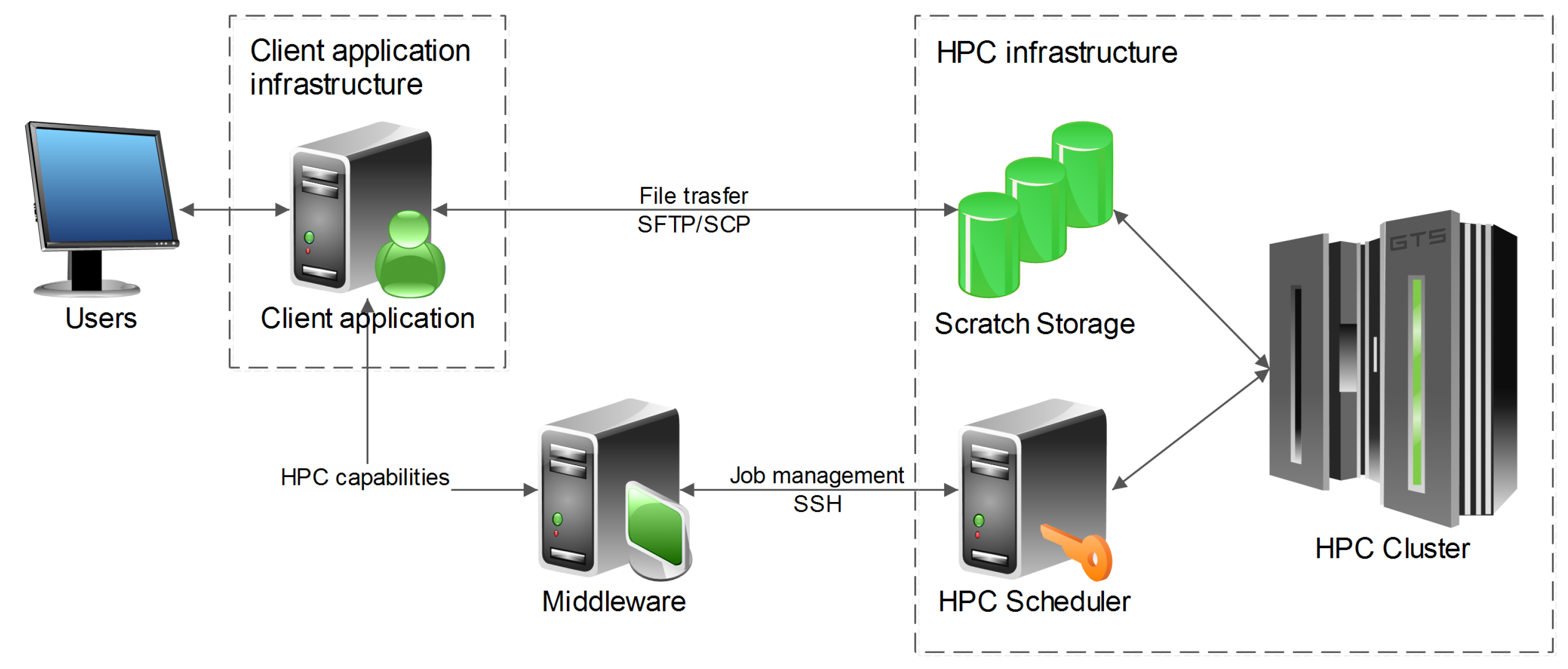Have you ever heard of High Performance Computing (HPC)? It's a field of computer science that deals with the study of how to make "supercomputers" work faster and more efficiently.
What is HPC?
HPC stands for High Performance Computing. It is a field of computer science that deals with the study of how to make "supercomputers" work faster and more efficiently. These supercomputers are used to solve complex problems quickly and effectively.

High-performance computing has become a vital resource in many industries. It is used to support scientific research, engineering, and many other applications where large amounts of data are processed, analyzed, and visualized.
Why is HPC important?
High-performance computing is important because it allows for the processing and analysis of vast amounts of data in a fraction of the time it would take using traditional computing methods. This allows researchers and scientists to quickly and efficiently solve complex problems that were previously thought to be impossible.

Some of the benefits of using HPC include:
- The ability to process large amounts of data quickly and accurately
- The ability to simulate complex systems and processes
- The ability to visualize and analyze data
- The ability to collaborate with other researchers and scientists around the world
How does HPC work?
HPC is made possible by the use of specialized hardware and software that is designed to work together to perform complex calculations and analyses quickly and efficiently.

The hardware used in HPC includes specialized processors, high-speed networking equipment, large amounts of memory, and storage systems. The software used in HPC includes specialized operating systems, programming languages, and libraries of mathematical and scientific functions.
Applications of HPC
There are many applications of HPC in various industries. Here are some of the applications:
Scientific Research
HPC is used in scientific research to perform complex simulations and analyses of complex systems. It is used in fields such as astrophysics, climatology, chemistry, and physics.
Engineering
HPC is used in engineering to simulate the behavior of designs under different conditions. It is used in fields such as aerospace, automotive, and civil engineering.
Financial Services
HPC is used in financial services to perform complex risk analyses, asset pricing models, and other applications that require the processing of large amounts of financial data.
Healthcare
HPC is used in healthcare to perform simulations of molecular interactions, drug design, and other applications in the field of biomedical research.
Tips for working with HPC
If you're new to the world of HPC, here are some tips to help you get started:
Understand the problem you are trying to solve
Before you start working with HPC, it's important to understand the problem you are trying to solve. Make sure that the problem is well-defined and that you have a clear understanding of the process you will be using to solve it.

Choose the right hardware and software
Choosing the right hardware and software is essential when working with HPC. Make sure that you choose hardware that is optimized for your specific application, and that you choose software that is compatible with your hardware and easy to use.
Work with experienced professionals
If you're new to HPC, it's a good idea to work with experienced professionals who can guide you through the process and help you avoid common mistakes.
Keep your code optimized
When working with HPC, it's important to keep your code optimized for performance. This means using algorithms that are designed to run efficiently on your hardware, and optimizing your code for parallel processing and vectorization.
Conclusion
High Performance Computing (HPC) is a field of computer science that deals with the study of how to make "supercomputers" work faster and more efficiently. HPC has become an important resource in many industries, and is used to support scientific research, engineering, and many other applications where large amounts of data are processed, analyzed, and visualized. If you're new to the world of HPC, make sure you understand the problem you are trying to solve, choose the right hardware and software, work with experienced professionals, and keep your code optimized for performance.